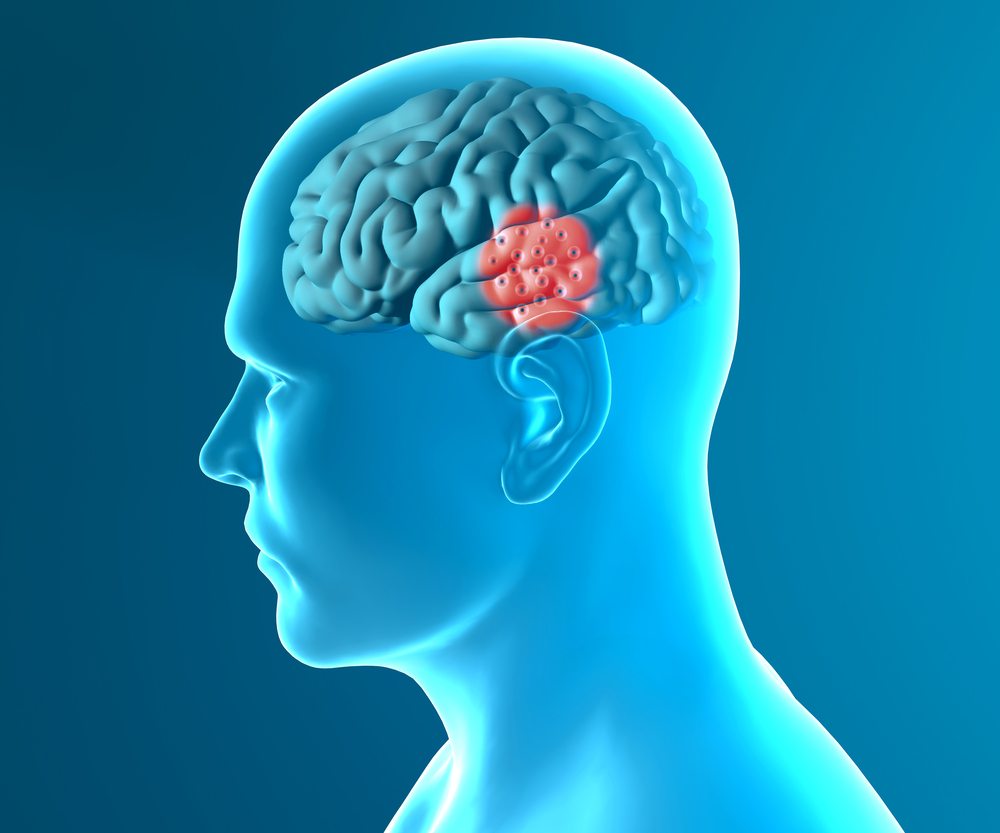The brain plays a large role in addiction, largely focused on the dopamine system. Addictive drugs overstimulate the reward center of the brain which produces dopamine, creating a desire to keep using drugs or alcohol. Learn more about dopamine and the brain’s role in addiction.
Neurons
Neurons communicate with one another through the exchange of molecules called neurotransmitters. The three-dimensional ‘keys’ fit into ‘locks’ called receptors on the surface of brain cells. When a neurotransmitter locks onto a receptor, a message is transmitted which either stimulates or depresses neural activity. The neuron responds and initiates a chain reaction of messages along bundles of nerve cells called ‘neural networks.’ To operate properly, neural networks must maintain balance among neurotransmitters.
Reward System
The reward system is the neural network involved in pleasurable feelings, also connected to learning and motivation. Dopamine is the primary neurotransmitter. When enough dopamine is released into the brain’s reward circuits, euphoria kicks in. Many things can prompt dopamine’s release, including a hug, word of praise or winning at a poker game. Since the spike in dopamine is connected to pleasurable feelings, a person may seek to continue the behavior which elicited the pleasurable feelings time and time again. Over time, this can lead to addiction.
Drugs
Natural rewards create less of a reward than drugs, which can increase a high by 10 times. When used occasionally, the brain’s corrective systems restore balance once the drugs wear off. If drugs are used excessively, the brain boosts a defensive reaction. It does so through a process which leads to tolerance. Tolerance hinders the reward system of the brain from working properly, muting the overstimulation of drugs. Once tolerance develops, more of the drug is necessary to achieve the same high which used to be achieved with less.
Brain Changes
The challenge with drugs is, when used over a continuous period of time, the brain develops tolerance which can lead to addiction. Permanent physical changes can be seen in the reward system neurons in the brain of a person with addiction. The brain literally changes the way it functions, altering how a person with addiction thinks, processes and behaves. Behavioral changes like denial, irrationality and obsessive drug use may continue until a person receives help for addiction.
When a drug is taken and dopamine increases, the brain understands the signal as reinforcement of the existing behavior which caused the flood of dopamine. The brain learns quite rapidly next time exposure takes place to the stimuli, immediately the memory is conditioned to respond and desire the drug. Over time, consistently high levels of dopamine create changes in the brain, desensitizing it so they are less affected, decreasing the number of receptors. Addiction begins in this place, wherein a person loses control and is left with an intense drive to compulsively use a drug and cannot stop. Treatment and help are needed at this point to help break the cycle.
If you or a loved one are experiencing tolerance or addiction to drugs or alcohol, you are not alone. The Villa provides resources to support your journey of recovery. Call us to find out how we can help you quit drugs or alcohol and regain your life.

